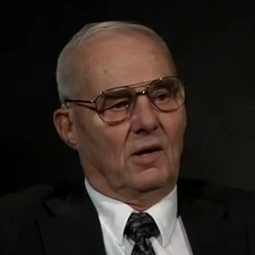Most of us have no idea how genetically modified organisms (GMOs) actually work. What is it that makes it possible to kill the weeds growing in a corn field without affecting the corn? What is it that makes it possible for corn to “grow its own” pesticide to kill root worms? How does this modification affect the micro-organisms in the soil? How can it affect the animals – including we humans – that eat these plants?
Dr. Don M. Huber, an agricultural scientist and expert in microbial ecology, is concerned that this modifications could also be causing new plant, animal, and human diseases.
Watch this interview, and the second one in the series, to learn more.
NOTE: Do not be put off by the length or the apparent complexity of the topic! Dr. Huber makes a highly technical subject extremely understandable and very, very interesting.
Who is Dr. Huber?
For 50 years, he’s been a scientist studying plant diseases in the US and around the world. Thirty-five of those years were spent at Purdue University as a professor of plant pathology.
He has a 41-year military career as a retired Colonel, evaluating natural and man-made biological threats, including germ warfare and disease outbreaks.
Dr. Huber coordinates the “Emergent Diseases and Pathogens Committee” as part of the USDA National Plant Disease Recovery System under Homeland Security.
Here is his detailed biography and CV.
Read Dr. Huber’s paper: Ag Chemical and Crop Nutrient Interactions – Current Update, published in 2010.

